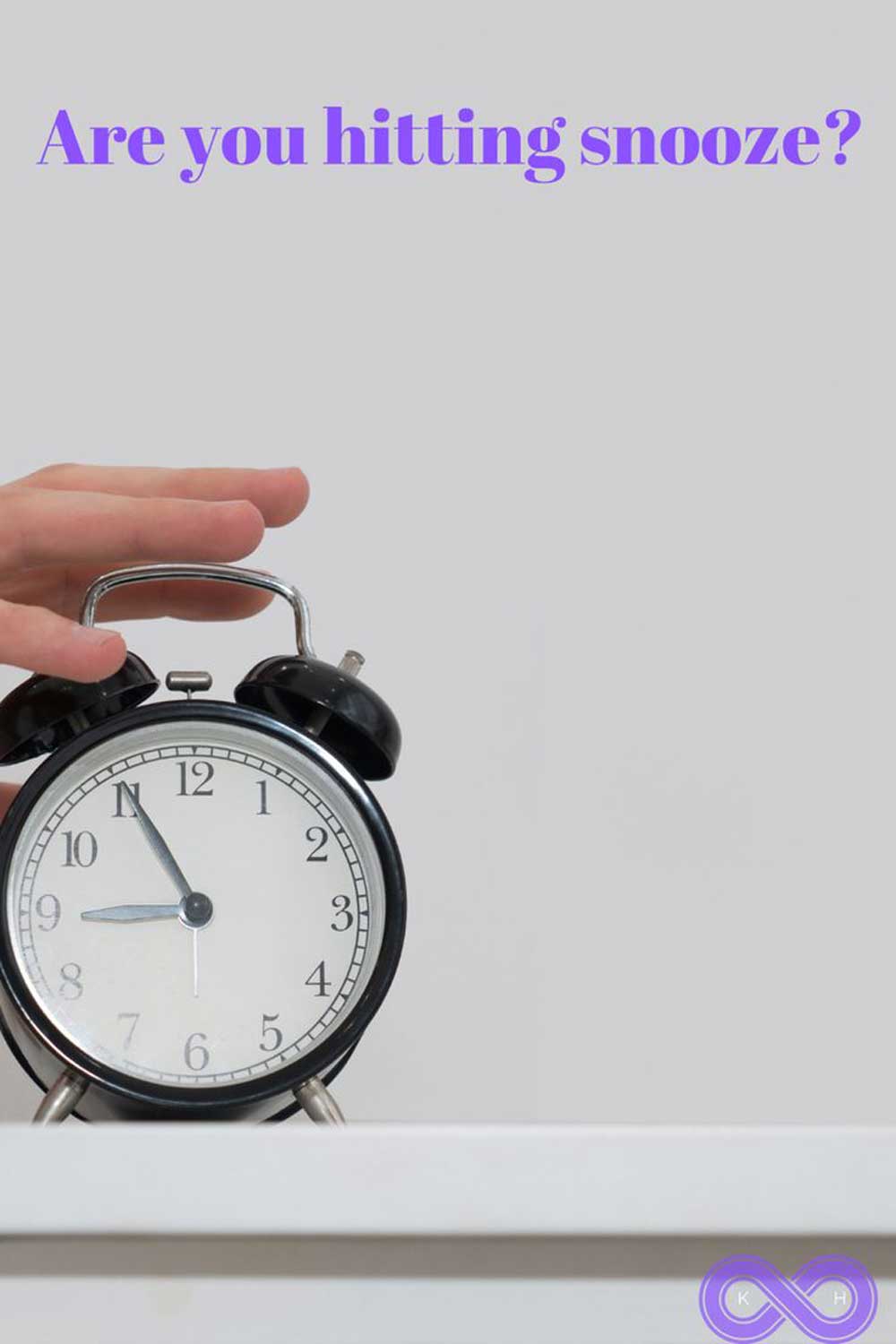Struggling to get a good night's sleep? The 10-3-2-1-0 sleep rule has been doing the rounds on the internet, and for good reason. Created by Dr Jess Andrade, a sports medicine physician, this simple routine helps you build better sleep habits by making small changes throughout the day.

10 Hours Before Bed: Say Goodbye To Caffeine
If you love your coffee, this might be a tough one. But caffeine can stay in your system for up to six hours, making it harder to wind down at night.
If you’re aiming to be in bed by 10 pm, your last cup of coffee (or tea, cola, or energy drink) should be before noon. Instead, try:
- Getting some sunlight in the morning to wake up naturally
- Exercising earlier in the day to boost energy
- Swapping coffee for herbal tea, water, or a turmeric latte
3 Hours Before Bed: No More Late-Night Snacking Osr Alcohol
Eating a heavy meal too close to bedtime can make you restless and cause frequent wake-ups. While alcohol might make you sleepy at first, it actually messes with your sleep cycle, reducing the deep sleep your brain needs to recharge.
To avoid this:
- Have your last big meal at least three hours before bed
- If you're hungry, opt for a light snack with protein and fibre
- Swap your nightcap for herbal tea or a non-alcoholic drink
2 Hours Before Bed: Clock Out From Work
Emails, meetings, and last-minute deadlines can keep your brain buzzing long after work hours. Checking your phone or responding to messages before bedtime keeps your mind active, making it harder to relax.
Try to:
- Stop working two hours before bed
- Avoid work emails and calls in the evening

1 Hour Before Bed: No Screens
We all love scrolling through our phones or watching TV before bed, but screens emit blue light, which tricks your brain into thinking it’s daytime. This stops melatonin (your sleep hormone) from doing its job, delaying sleep.
To wind down properly:
- Keep your bedroom a screen-free zone
- Use ‘night mode’ on your phone if you must check it

0 Times Hitting Snooze
We’ve all been there—hitting snooze five times before finally dragging ourselves out of bed. But snoozing can leave you feeling groggier because it disrupts your sleep cycle.
If you’re constantly snoozing, it might mean you need more sleep. Instead:
- Set a realistic wake-up time so you don’t need to snooze
- Move your alarm across the room so you have to physically get up to turn it off
- Try waking up at the same time every day (even on weekends!)
If sleep problems persist, or you feel constantly exhausted despite getting enough hours, it might be worth speaking to a healthcare professional.
Are you ready to give the 10-3-2-1-0 rule a go? Let us know how it works for you!